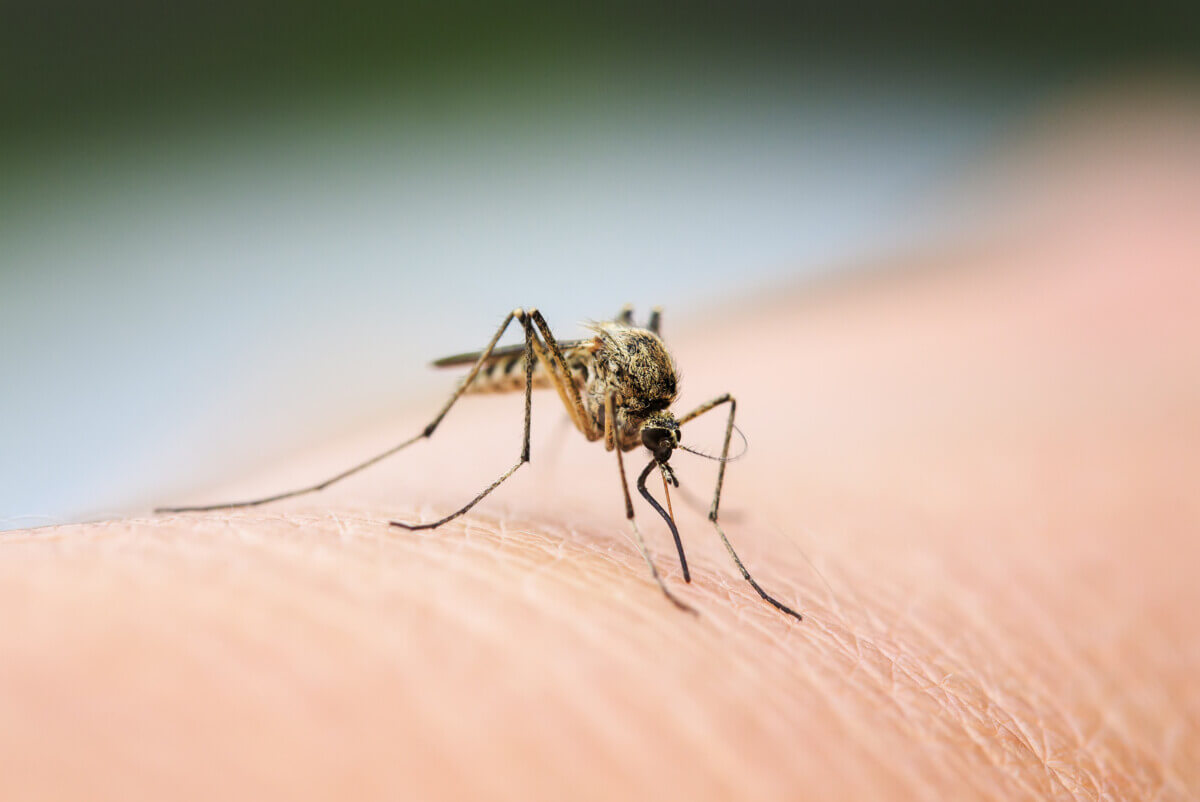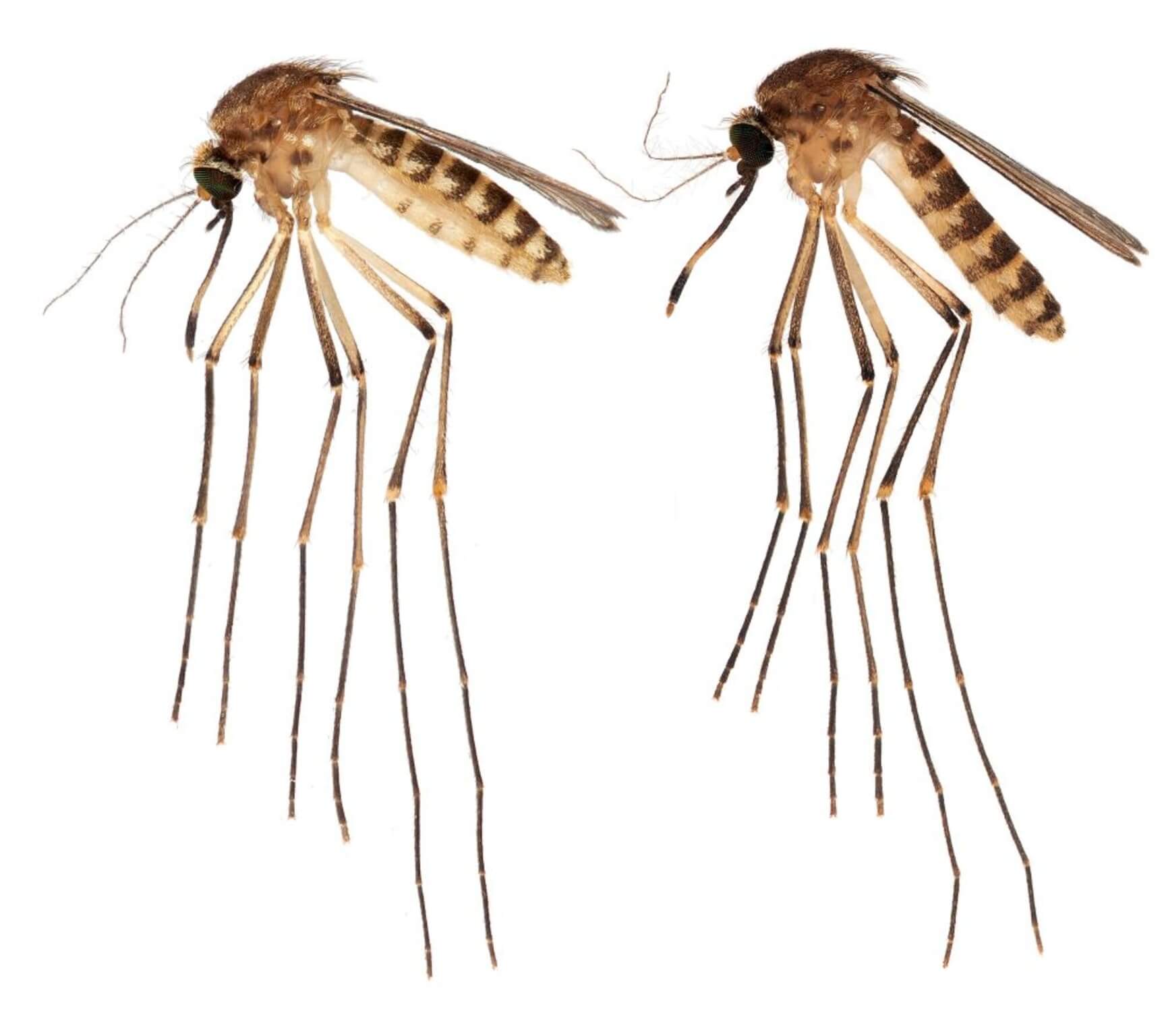
Mosquito (© nataba - stock.adobe.com)
GAINESVILLE, Fla. — A new mosquito species has snuck its way into Florida, setting up camp in at least three counties so far, according to new research. Scientists are worried about the rate at which new species are entering Florida, and the possibility of them transmitting diseases.
“There are about 90 mosquito species living in Florida, and that list is growing as new mosquito species are introduced to the state from elsewhere in the world,” says Lawrence Reeves, lead author of the study and an assistant professor and mosquito biologist at the UF/IFAS research center in Vero Beach, in a media release.
This particular species, referred to by its scientific name of Culex lactator, was first discovered in Miami-Dade County in 2018 by faculty from the University of Florida while they were hunting down other invasive mosquitoes. In 2022, they were discovered in Collier and Lee counties, but may be in even more.
Mosquitoes are typically studied extensively because of their ability to transmit diseases to people, but there's still plenty of unknowns that remain.
“That’s particularly true for species from the tropical forests, where mosquitoes are diverse and understudied,” adds Reeves. “Introductions of new mosquito species like this are concerning because many of our greatest mosquito-related challenges are the result of nonnative mosquitoes, and in a case like this, it’s difficult to anticipate what to expect when we know so little about a mosquito species.”

There are over 3,600 types of mosquitoes around the world. So when a new one is found in Florida, it really could be any of them. To narrow down this new one, Reeves and his team used DNA analysis and other tools to crack the code. The Culex lactator is typically found in Central America and northern South America, and is part of the Culex family. This group includes other members that are known to transmit viruses like West Nile virus and St. Louis encephalitis. Right now, scientists aren't sure if this one will also transmit these.
Florida is used to these worries by now. Every year, there's a new concern about mosquito-transmitted diseases like West Nile virus, eastern equine encephalitis virus, dengue virus, chikungunya virus and others, according to Reeves. “It’s too early to know whether Culex lactator will exacerbate these challenges, but the implications are often difficult to predict because not all mosquito species are equally capable of transmitting a particular virus or other pathogen,” he adds.
Many of the disease-carrying mosquitoes common right now, like the Aedes aegypti, Aedes albopictus, and Culex quinquefasciatus, came from the tropics just like the Culex lactator.
“We need to be vigilant for introductions of new mosquito species because each introduction comes with the possibility that the introduced species will facilitate the transmission of a mosquito-transmitted disease,” says Reeves.
The findings are published in the Journal of Medical Entomology.










